U.S. Stake Acquisitions: A New Weapon to Counter China?
Input
Changed
U.S. Department of Defense weighing stake acquisitions in domestic defense firms. Move seen as a response to persistent Chinese industrial espionage. Part of broader strategy that already includes tech export controls and tighter scrutiny of Chinese students.
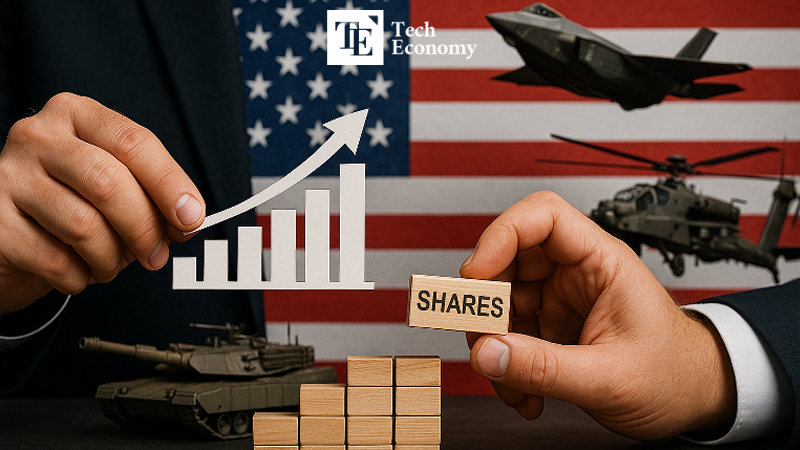
The U.S. Department of Defense has revealed it is considering acquiring stakes in major defense contractors such as Lockheed Martin. The move comes just days after Washington secured a 10% stake in domestic chipmaker Intel, signaling a renewed effort to extend government influence over private firms. Analysts view the strategy as a countermeasure against China’s persistent industrial espionage activities.
U.S. Commerce Secretary Hints at Lockheed Stake Acquisition
On the 26th (local time), U.S. Commerce Secretary Howard Lutnick suggested the Trump administration may consider acquiring shares in defense contractors following its recent purchase of Intel stock. In an interview with CNBC, he said, “Large-scale discussions are underway regarding the defense industry,” adding that Lockheed Martin, which generates most of its revenue from federal contracts, “is practically a branch of the U.S. government.” He noted that the economic implications of any such acquisition would be left to the Secretary and Deputy Secretary of Defense. According to Defense News, Lockheed remains the world’s largest defense contractor by revenue as of last year. Other major U.S. defense firms include RTX, Northrop Grumman, General Dynamics, and Boeing.
His remarks came just days after Washington finalized its deal to buy a 9.9% stake in Intel. On the 22nd, Intel announced that the Trump administration had agreed to purchase 433.3 million common shares at $20.47 each, totaling $8.9 billion. The deal made the U.S. government Intel’s largest shareholder, surpassing BlackRock, which holds an 8.9% stake. The purchase was financed through $5.7 billion in remaining subsidies from the CHIPS and Science Act, along with $3.2 billion from the Pentagon’s semiconductor security program.
U.S. Steps Up Battle Against Chinese Espionage
As the Trump administration accelerates efforts to secure stakes in key domestic firms, analysts say the move is aimed at countering China’s long-standing industrial espionage. One foreign policy expert noted, “The U.S. has been sensitive to Chinese industrial spying since the early 2000s. By acquiring shares in companies vulnerable to technology leaks, Washington is sending a signal that espionage against such firms is no longer just a corporate issue but a state-to-state matter.” He added that China will be forced to exercise greater caution in its covert operations when U.S. national interests are directly tied to these companies.
Industrial espionage by China has been a persistent concern for Washington. In July 2020, then-FBI Director Christopher Wray revealed that half of the agency’s 5,000 counterintelligence cases involved China, and that Beijing-linked industrial espionage cases had surged 1,300% over the previous decade.
High-profile cases have continued in recent years. In April 2023, Charles Lieber, a renowned Harvard nanotechnology scholar, was sentenced to six months of house arrest, two years of probation, and fined $50,000 for secretly receiving funding from Wuhan University of Technology in exchange for research collaboration. His benefits reportedly included a $50,000 monthly salary, $158,000 in annual living expenses, and business-class flights, with U.S. damages estimated in the hundreds of millions of dollars.
In 2024, U.S. authorities also arrested Linda Sun, a former deputy chief of staff to the governor of New York, on charges of secretly acting as an agent for the Chinese government. According to prosecutors, she covertly inserted Chinese officials into state-level COVID-19 health calls and lived lavishly on the rewards she received for aiding Beijing.
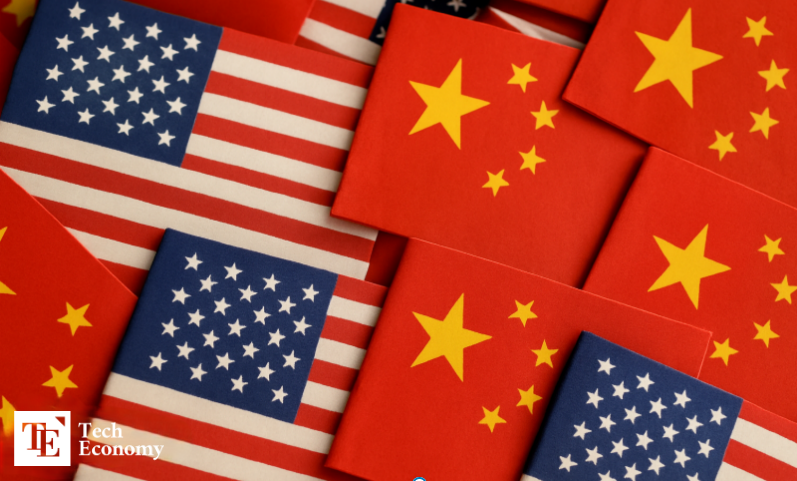
U.S. Moves to Block Technology Leaks
To curb the growing number of espionage cases, Washington has steadily imposed restrictions targeting China. A notable example came in May, when the U.S. halted the export of certain critical parts and technologies to the Commercial Aircraft Corporation of China (COMAC). The state-owned company, which developed China’s first mid-sized passenger jet, the C919, after 16 years of R&D, still depends on U.S. and European suppliers for key systems such as engines and power controls.
The U.S. has also ordered an export freeze on advanced design software produced by Cadence Design Systems, Synopsys, and Siemens EDA—tools essential for next-generation semiconductor development. Without access to these American technologies, China’s efforts to achieve self-sufficiency in cutting-edge chips face a serious setback.
In addition, the U.S. announced aggressive visa cancellations in May targeting Chinese students linked to the Communist Party or engaged in research tied to national security-sensitive fields. Visa requirements were revised to tighten screening of applicants from China and Hong Kong. However, President Trump has recently softened his stance, stating that the U.S. would continue to accept 600,000 Chinese students.



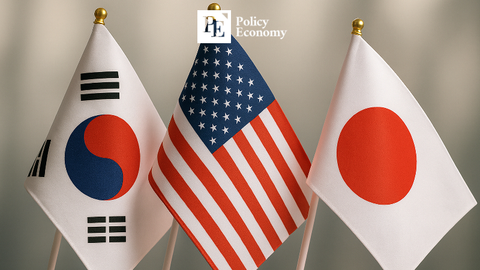
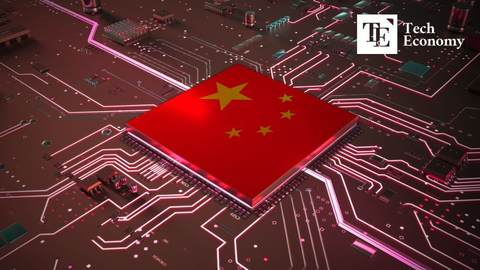

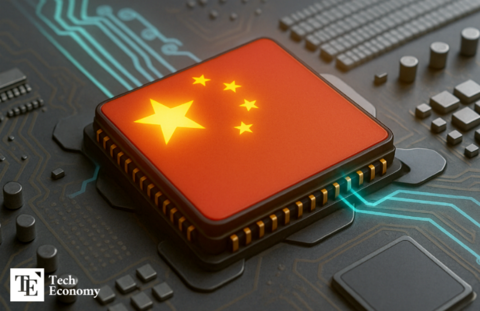
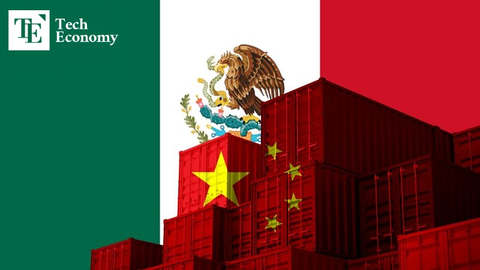
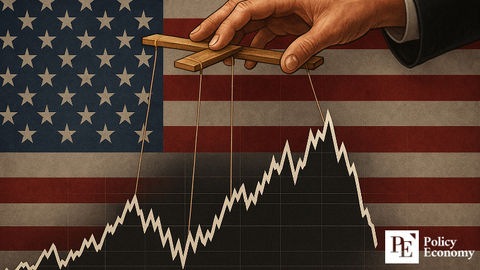













Comment